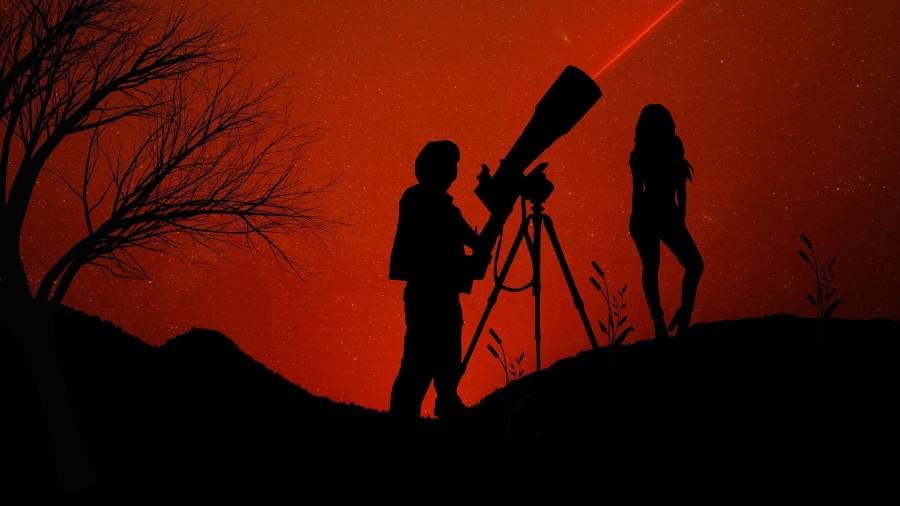Astronomy vs astrology vs cosmology. Now that we know the difference between Astronomy and Astrology, it’s time to throw Cosmology into the mix. By definition, Cosmology is the science of the origin and development of the universe. Modern cosmology is dominated by the Big Bang theory, which brings together observational astronomy and particle physics.
The list below is by no means all-inclusive, please feel free to inquire about a service if you do not see it listed.
*Disclaimer: Please note that the spells we provide are based on psychic abilities and traditional healing. It is not an exact science. As such results may vary.
Astronomy vs astrology vs cosmology
Astronomy vs astrology vs cosmology Now that we know the difference between Astronomy and
#Astrology, it’s time to throw Cosmology into the mix. By definition, Cosmology is the science of the
origin and development of the universe. Modern cosmology is dominated by the Big Bang theory, which
brings together observational astronomy and particle physics.
The list below is by no means all-inclusive, please feel free to inquire about a service if you do not see it listed.
*Disclaimer: Please note that the spells we provide are based on psychic abilities and traditional healing. It is not an exact science. As such results may vary.
Astronomy vs astrology vs cosmology! What are the differences of astronomy and astrology? What similarities between
For a while now, I have been interested in Particle Astrophysics. I tried teaching myself with this beautiful
book called Particle Astrophysics by Donald Perkins. I have read his standard Particle Physics book earlier
and am a fan of his style of incorporating experiments. It has a nice phenomenological aspect to it. Along
the same lines, I was expecting to be hooked to it for weeks, or better, months. But a chapter later I
realized that I do not have sufficient background in Astrophysics and Cosmology. My good friend Sunil
Simha, who is now a PhD student, suggested reading Gravity by Hartle to get started.
So, I started reading the book, and it stood up to my expectations. It has a similar phenomenological
view. All in all, it is the book I am looking for. I am attempting to take digital notes while reading this,
and hopefully, will maintain it consistently. You can find the notes here. And on my way, I will definitely have
questions. Most of them could be silly, but occasionally something worth pondering upon.
The Difference/astronomy vs cosmology vs astrophysics/astronomy vs astrology vs astrophysics
Astronomy is a natural science that deals with the study of celestial objects (such as stars, planets,
comets, nebulae, star clusters and galaxies) and phenomena that originate outside the atmosphere of
Earth (such as cosmic background radiation). It is concerned with the evolution, physics, chemistry,
meteorology, and motion of celestial objects, as well as the formation and development of the universe.
Astrophysics is the branch of astronomy that deals with the physics of the universe, including the
physical properties of celestial objects, as well as their interactions and behaviour. Among the objects
studied are galaxies, stars, planets, exoplanets, the interstellar medium and the cosmic microwave
background.
Cosmology is the discipline that deals with the nature of the Universe as a whole. Cosmologists seek to
understand the origin, evolution, structure, and ultimate fate of the Universe at large, as well as the natural laws that keep it in order.
Astronomy vs Astrophysics vs Cosmology
For a while now, I have been interested in Particle Astrophysics. I tried teaching myself with this beautiful
book called Particle Astrophysics by Donald Perkins. I have read his standard Particle Physics book earlier
and am a fan of his style of incorporating experiments. It has a nice phenomenological aspect to it. Along
the same lines, I was expecting to be hooked to it for weeks, or better, months. But a chapter later I
realized that I do not have sufficient background in Astrophysics and Cosmology. My good friend Sunil
Simha, who is now a PhD student, suggested reading Gravity by Hartle to get started.
So, I started reading the book, and it stood up to my expectations. It has a similar phenomenological
view. All in all, it is the book I am looking for. I am attempting to take digital notes while reading this,
and hopefully, will maintain it consistently. You can find the notes here. And on my way, I will definitely have
questions. Most of them could be silly, but occasionally something worth pondering upon. I will try my
best to write down all my questions here regularly. Feel free to discuss them with me. And when I find a
convincing answer, I will write a post about it, no matter how silly it is. In a way, this post is the beginning.
The Difference|astronomy vs cosmology vs astrophysics|astronomy vs astrology vs astrophysics
On the first attempt, Wikipedia’s first paragraphs on each says:
Astronomy is a natural science that deals with the study of celestial objects (such as stars, planets,
comets, nebulae, star clusters and galaxies) and phenomena that originate outside the atmosphere of
Earth (such as cosmic background radiation). It is concerned with the evolution, physics, chemistry,
meteorology, and motion of celestial objects, as well as the formation and development of the universe.
Astrophysics is the branch of astronomy that deals with the physics of the universe, including the
physical properties of celestial objects, as well as their interactions and behaviour. Among the objects
studied are galaxies, stars, planets, exoplanets, the interstellar medium and the cosmic microwave background.



Add a Comment